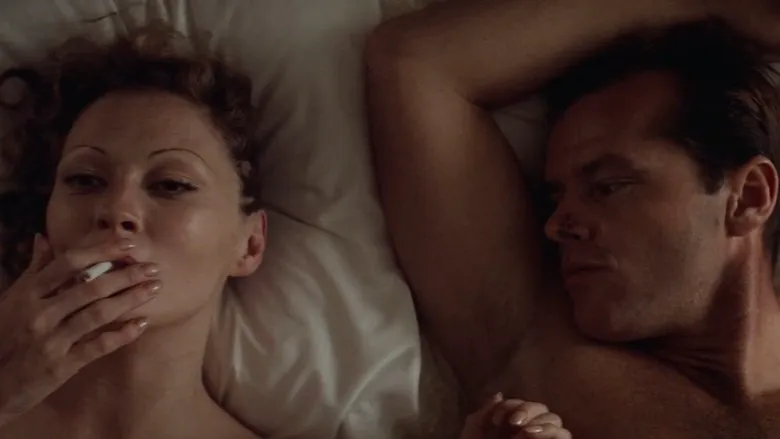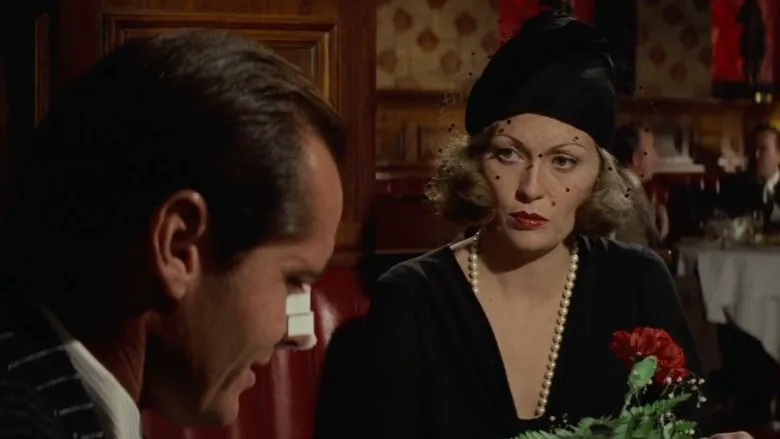Deeper Than Shadows: Exploring the True Essence of Noir
The allure of noir cinema extends far beyond stark black and white visuals. At its core, it’s a genre defined by its exploration of moral ambiguity, characters navigating treacherous paths, and narratives that unflinchingly confront the darkest corners of the human psyche. True noir transcends mere aesthetics, delving into the complexities of right and wrong in a world perpetually shrouded in gray.
Set against the sun-drenched, drought-stricken backdrop of mid-century Los Angeles, one film exemplifies this nuanced approach to noir: “Chinatown.” Here, we meet Jake Gittes, a private investigator specializing in the sordid affairs of marital infidelity. However, Gittes soon finds himself embroiled in a case of staggering proportions, far exceeding the boundaries of his initial expectations.
Gittes: A Modern Noir Detective
Gittes, portrayed with compelling depth, stands apart from the classic, stoic detectives popularized by Humphrey Bogart. He is a man of wit and confidence, yet also vulnerable and deeply affected by the moral compromises inherent in his profession. He carries the weight of his experiences, displaying a humanity rarely seen in the hard-boiled detectives of Chandler or Hammett. What sets Gittes apart is his unwavering dedication to uncovering the truth, even as it leads him into increasingly perilous territory. His tenacity and strong work ethic are his defining characteristics.
The case itself is a departure from typical noir plots involving stolen jewels or inheritance disputes. Instead, Gittes is drawn into a convoluted web of political corruption, where power is wielded ruthlessly and morality is a scarce resource. This shift elevates “Chinatown” beyond a simple detective story, transforming it into a scathing commentary on societal decay.
“Chinatown”: A Landmark Neo-Noir
Roman Polanski, in collaboration with screenwriter Robert Towne, crafted a “neo-noir” masterpiece with “Chinatown.” The film serves as both a loving tribute to the classic noir films of the 1940s and a bold reinterpretation of the genre’s conventions. The casting of John Huston, the legendary director of “The Maltese Falcon,” further solidifies this connection, turning “Chinatown” into an act of profound reverence for its cinematic heritage.
“Chinatown” begins as an elegant genre exercise, evolves into an enthralling detective story, and ultimately descends into a haunting exploration of the depths of human depravity.
In a world where secrets are buried deep and the line between good and evil is irrevocably blurred. The suspense that the movie builds is palpable.
Behind every respectable facade there lies a monster, and every action echoes with the weight of unspeakable tragedy. The film challenges our perceptions of possibility and compels us to confront the darkness that lies dormant within us all. The film ultimately compels us to question the very nature of possibility.